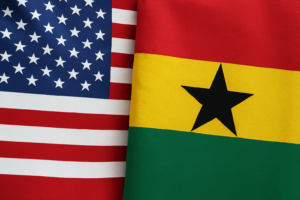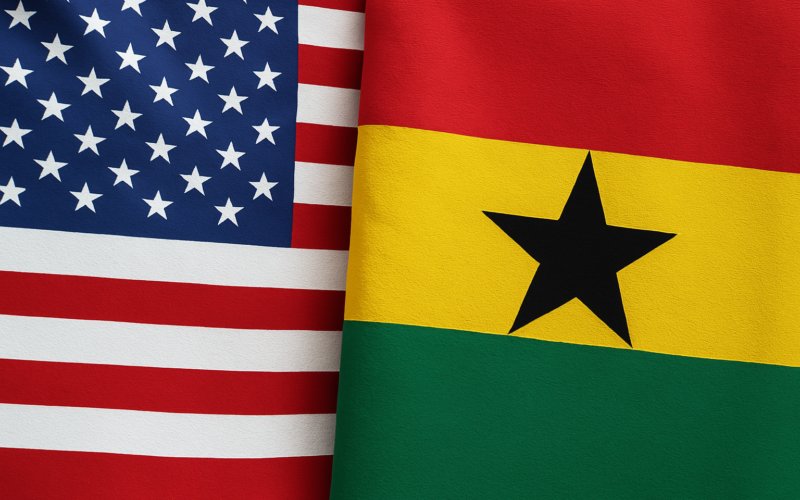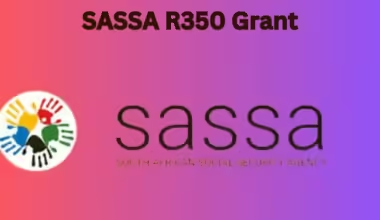
Donald Trump Imposes 10% Tariff on Ghanaian Imports: Impact on Trade and Economy
U.S. President Donald Trump has announced a 10% tariff on Ghanaian imports, a move that could have significant implications for trade between the two nations. This decision, which is part of Trump’s broader trade policy, raises concerns for Ghanaian exporters and businesses that rely on the U.S. market.
Why the Tariff on Ghanaian Imports?
Trump’s administration has previously taken a tough stance on international trade, aiming to reduce the U.S. trade deficit and protect domestic industries. The 10% tariff on Ghanaian goods may be part of this strategy to renegotiate trade agreements and encourage American businesses to source locally.
However, Ghana has been a strong economic partner of the U.S., benefiting from trade programs like the African Growth and Opportunity Act (AGOA), which provides duty-free access for certain African products. A new tariff could disrupt this relationship and lead to higher prices for Ghanaian products in the U.S. market.
How Will This Affect Ghana’s Economy?
The imposition of tariffs on Ghanaian imports could affect several key sectors, including:
-
Agriculture: Ghana exports cocoa, tropical fruits, and processed food products to the U.S. A tariff could make these goods less competitive.
-
Textiles and Apparel: Ghanaian textile manufacturers who export under AGOA may see reduced demand due to higher costs for U.S. buyers.
-
Automobile and Machinery Parts: Ghana’s growing manufacturing industry could suffer setbacks, leading to job losses and slowed industrial growth.
For Ghanaian businesses, these tariffs mean increased costs and reduced competitiveness in the U.S. market. Some exporters may have to find alternative markets in Europe, Asia, or within Africa itself.
Impact on U.S. Businesses and Consumers
While the tariff is intended to protect U.S. industries, it could have unintended consequences:
-
Higher Prices: Ghanaian products such as cocoa, shea butter, and textiles could become more expensive in the U.S., affecting American businesses that rely on these imports.
-
Reduced Supply Chains: Companies that source raw materials from Ghana may need to look elsewhere, increasing operational costs.
Possible Reactions from the Ghanaian Government
The Ghanaian government may respond by:
-
Negotiating for exemptions or a review of the tariff policy.
-
Increasing trade with other partners, such as China, the EU, and African nations under the African Continental Free Trade Agreement (AfCFTA).
-
Imposing retaliatory tariffs on U.S. goods imported into Ghana.
What’s Next?
As Ghanaian businesses assess the impact of Trump’s trade policies, many are looking for solutions to mitigate the financial burden. Ghana’s Ministry of Trade and Industry and business associations will likely push for diplomatic discussions with the U.S. government.
If the tariffs remain in place, businesses might have to diversify markets and increase local production to cushion against the effects. Investors will also keep an eye on how Ghana adjusts its trade policies in response.
Final Thoughts
The 10% tariff on Ghanaian imports imposed by Donald Trump presents challenges for exporters, businesses, and consumers in both Ghana and the U.S. While it is intended to protect American industries, it could disrupt Ghana’s economy and impact trade relations between the two nations.
Going forward, Ghanaian businesses must adapt by exploring new markets, improving product value, and engaging in strategic trade negotiations to minimize the impact of this policy.
Would you like me to adjust the content for a specific audience, such as business owners or policymakers?
BY MR KENDRICK





